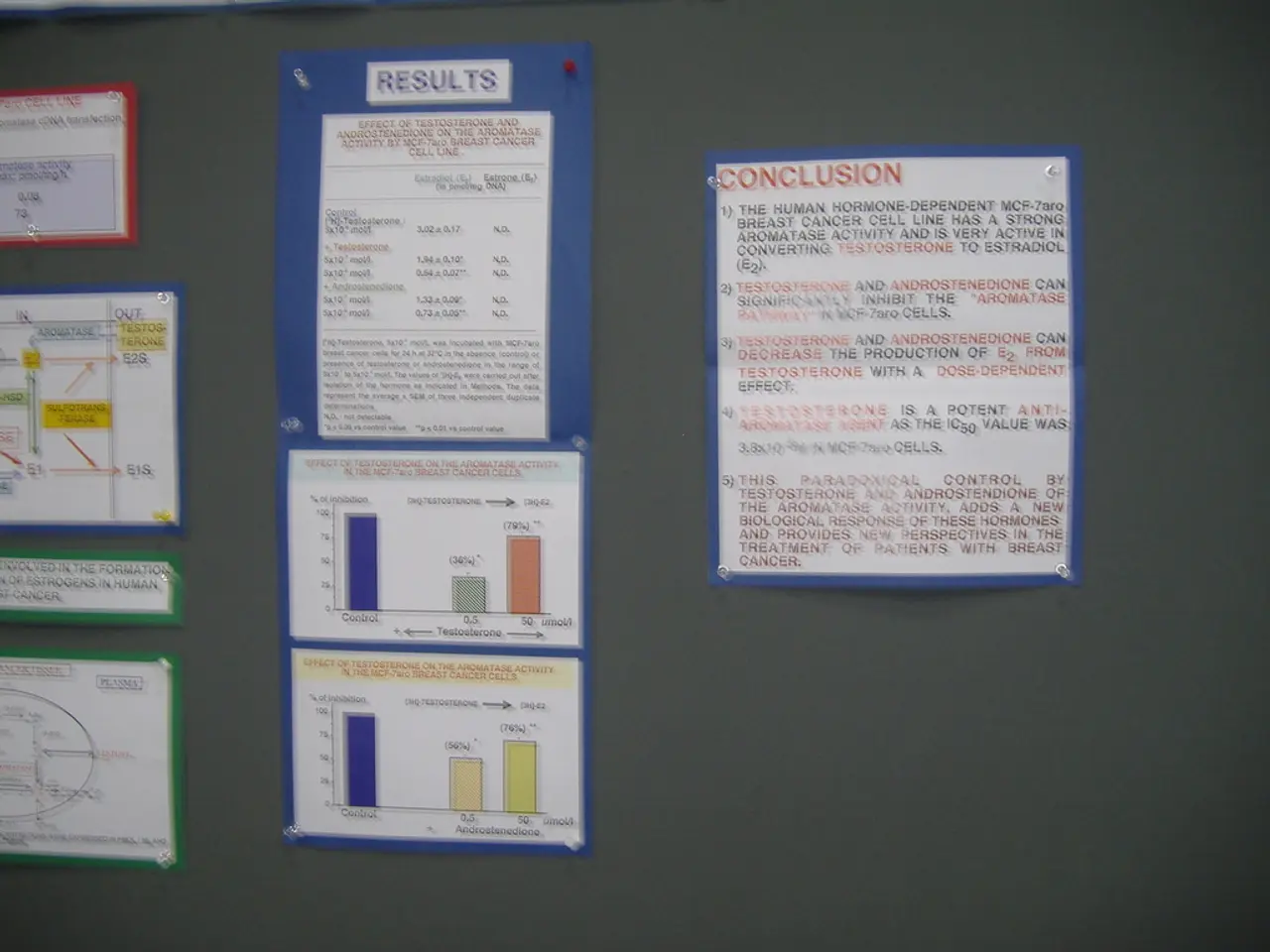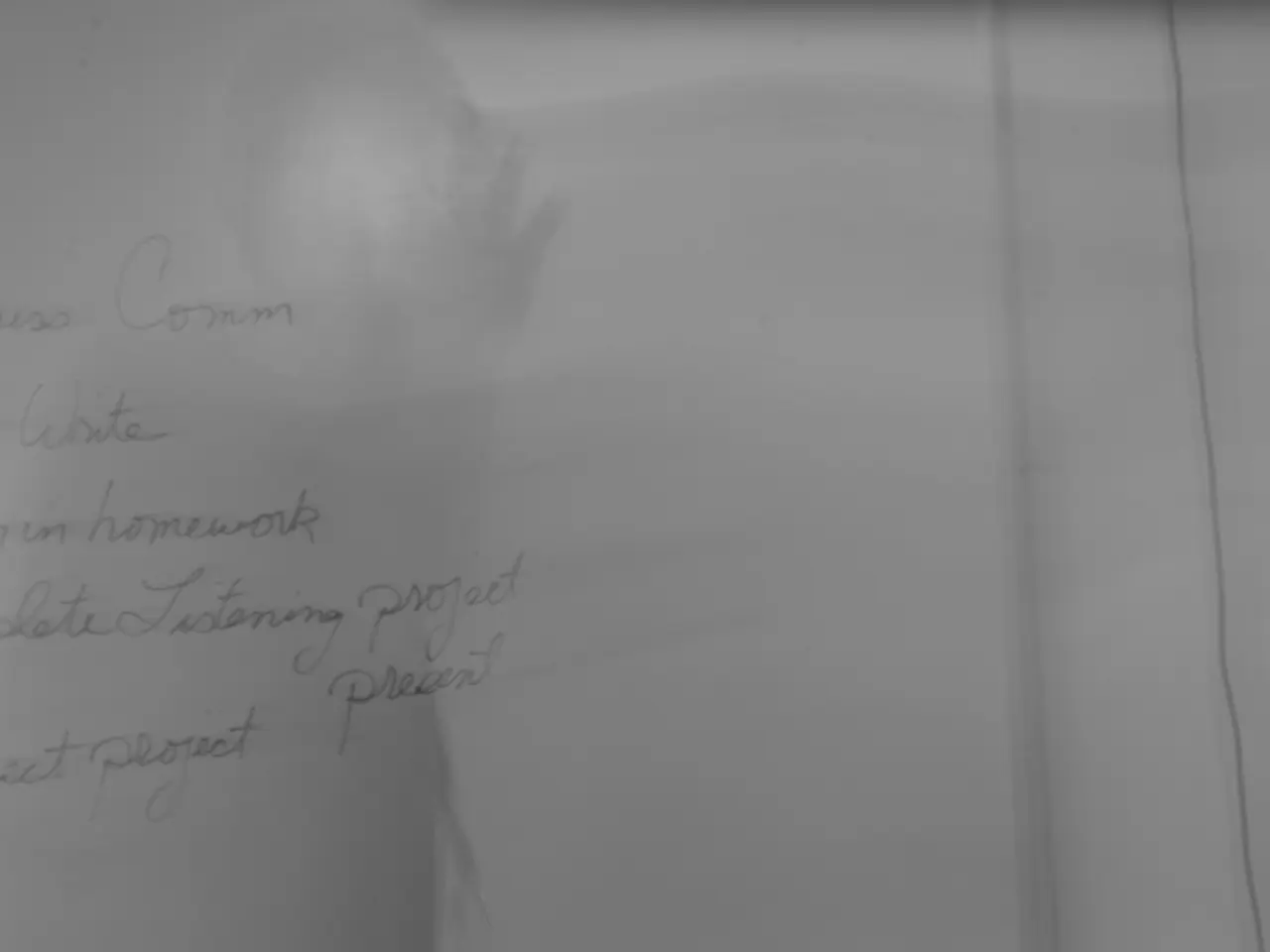WPP CEO Mark Read Discusses Energy Sector Clients, Virtual Worlds, and the Coca-Cola Brand
In the face of growing scrutiny over "greenwashing" ads, WPP, a leading company operating an agency network, has found itself in the spotlight. The company, headed by CEO Mark Read, has been criticised for its ongoing work with major fossil fuel-burning energy companies, despite its public commitment to sustainability.
Despite the controversy, WPP's financial performance has been impressive. In 2021, the company posted an annual organic revenue growth of 6.5% to $13.9 billion (10,397 billion pounds), marking a 2.9% growth ahead of pre-pandemic conditions. One of WPP's media businesses, GroupM, reported an impressive 36% organic revenue growth alone.
However, WPP's work with fossil fuel companies, including BP, Shell, Saudi Aramco, TotalEnergies, ExxonMobil, and others, has been a point of contention. These companies have frequently faced accusations of industrial-scale greenwashing, and some advertising created by WPP agencies has been banned for making misleading environmental claims.
Climate activists and campaign groups have labelled WPP as complicit in "climate crime" and "greenwashing". Protesters have staged high-profile demonstrations at WPP headquarters, demanding that the company terminate these fossil fuel contracts. Complaints have also been filed with international bodies, alleging that WPP breaches climate and human rights guidelines through its fossil fuel advertising.
In response, WPP's 2023 Sustainability Report emphasises a commitment not to produce advertising or lobbying that "frustrates the objectives of the Paris Agreement". The company also offers internal training to help employees make "effective green claims that are not misleading". However, the contradiction between this stance and the company's ongoing work for fossil fuel clients has led to significant accusations of insufficient sustainability efforts and potential hypocrisy.
Amidst this, Mark Read discussed WPP's 2021 financial results with analysts. The company's internal sustainability movement, launched recently, has also come under scrutiny following the launch of its own sustainability movement internally. As the debate around fossil fuel advertising and greenwashing continues, WPP finds itself at the centre of a complex and contentious issue.
[1] WPP 2023 Sustainability Report [2] The Guardian, "Shell adverts banned for making misleading environmental claims", 2023 [3] The Independent, "WPP accused of 'greenwashing' over fossil fuel clients", 2021 [4] The New York Times, "The Greenwashing Olympics: How Big Brands Try to Con You", 2020
- The ongoing debate about fossil fuel advertising and greenwashing has placed WPP, a company with an impressive financial growth in 2021, at the heart of a complex and contentious industry issue, despite its public commitment to sustainability.
- Despite the released 2023 Sustainability Report by WPP, demonstrating a commitment to avoiding misleading environmental claims, climate activists and campaign groups continue to accuse WPP of hypocrisy, as their ongoing work with energy companies like BP, Shell, and ExxonMobil is a major point of contention.




